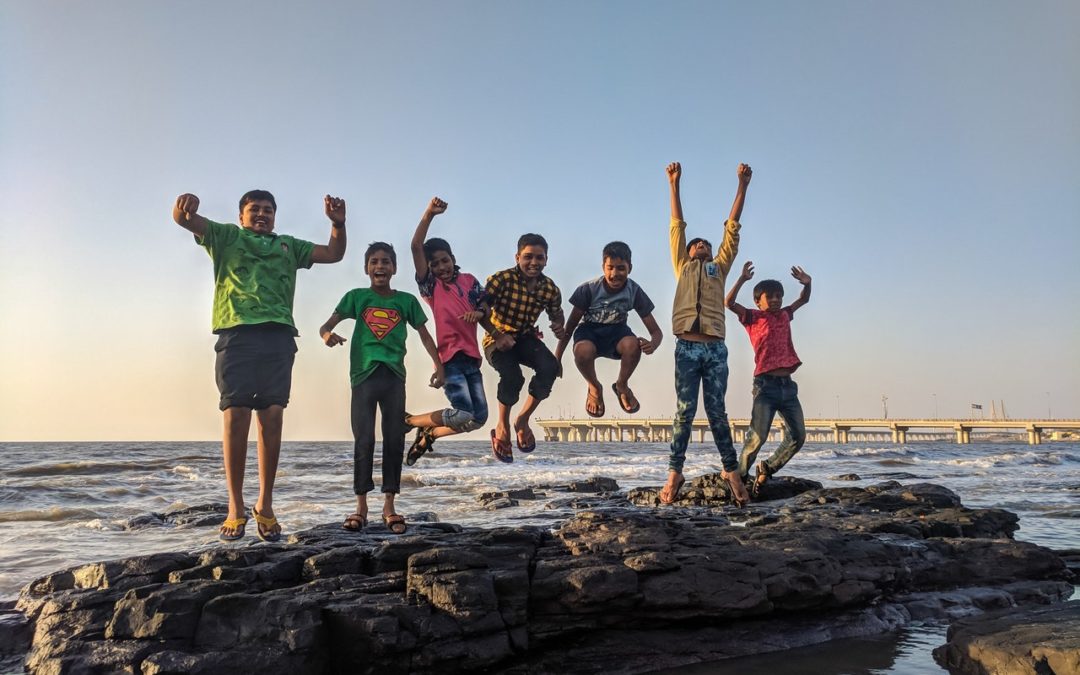Read the detailed description of Quest's Program Details!
Celebrating Differences Among Kids!
Depending on your children’s different abilities, personalities, behavioral challenges and goals they may require different levels of support. This may look like one child needing help with their homework while another can be independent. The child that needs more help may naturally compare themselves to their sibling and can use positive self statements to remind themselves that they have other strengths and are simply different than their siblings, not better nor worse. These could include statements such as “My family loves me no matter what” or “I am doing my best.” If they do get upset or come up against something that is difficult for them, the way in which you talk to your children may vary as well. One child may need more time to process what happened or need help using coping skills to calm down before they are able to talk with you. What each child is capable of providing to you may be dissimilar where one child may be able to fully explain their thoughts and feelings whereas a few words for another child is a large accomplishment. Take this into account when working to problem solve with your children that one method such as role play may work best with different kids yet need to be vastly adjusted for others. If one technique isn’t working you may try pulling up a video clip from their favorite movie to further demonstrate the idea you are trying to explain or using a worksheet to fully lay out the events and everyone’s thoughts as feelings such as a thought record. It is worth the time to try different methods with your kids to find the one that is uniquely best for them!
UPCOMING PROGRAMMING
School Year Programming
We are running an eight-week evening therapeutic groups are designed to provide therapy by specifically targeting individualized goals for our campers. Group will be 75 minutes through telesession and include time for campers to have conversations, interact in positive prosocial ways through game play, and build skills through structured lessons. Group and home goals will be part of the group, with bonuses being awarded through Target gift cards.
Spring Group Starts March 30!
Summer Programming
Quest’s intensive summer program offers 7 weeks of programming (6 weeks of day camp and 1 week of residential). The summer program includes individualized behavior plans, group therapy, occupational therapy, a social thinking curriculum, mindfulness activities, yoga, soccer, games in the park, and field trips (beach, Boomers, Rockin’ Jump, Discovery Science Center, bowling, etc.) to create a fun and engaging, therapeutic camp experience for children.
Weekly parent meetings are also included. The summer program has been found across multiple studies to significantly reduce hyperactivity, impulsivity, aggression, and inattention, while improving peer relations, family relations, athletic competency, behavioral control and self-esteem. Quest has also been found to improve social awareness, social cognition, social communication, and social problems.
Summer Camp Dates are:
June 22, 2020 through August 6, 2020

